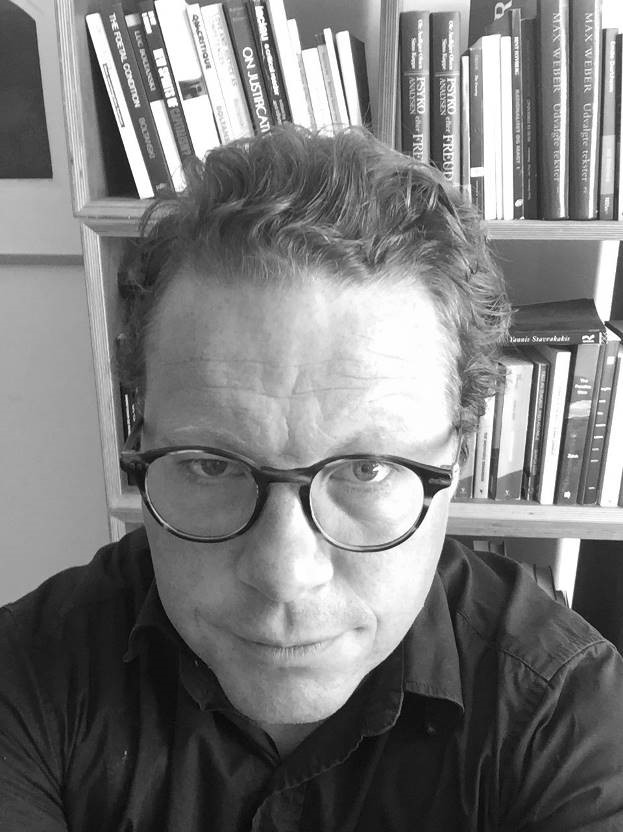Kim Sune Karrasch Jepsen defends his PhD thesis at the Department of Sociology
Candidate
Kim Sune Karrasch Jepsen
Title
Social Integration and Impaired Face-to-Face interaction in Cochlear Implant Usage: A Microsociological Explanation
Assessment Committee
- Associate professor Poul Poder, Department of Sociology, University of Copenhagen, Denmark (chair)
- Emeritus Professor Brian Wynne, Lancaster University, UK
- Professor Søren Kristiansen, Aalborg University, DK
Host
Head of PhD Programme, Professor Bente Halkier
Time and venue
Time: 9 April 2021, 1 PM
Venue: Online via Zoom
The PhD dissertation will be available via Academic Books as an e-publication. Also available for reading at the Department of Sociology, after the re-opening of the University Campus by contacting phd@soc.ku.dk.
Summary
This PhD-thesis concerns the social integration of adult persons with hearing loss who are using Cochlear Implants.
The specific empirical focus is on adult persons implanted as children and adults implanted as adults in a Danish context. In particular, the dissertation proposes a micro-sociological approach to explain and explore the interactional dynamics and mechanisms that support social integration and its failure in everyday life. Adopting Randall Collin’s Interaction Ritual Theory in conjunction with Thomas Scheff’s theory of the social bond, social integration depends on successful group interaction in terms of rhythmic entrainment that leads to connectedness thus generating solidarity, high emotional energy and a secure social bond between participants.
In this regard, the dissertation demonstrates that CI users experience interactional constraints that can lead to estrangement in the social bond. Hence, the dissertation provides an explanation of the interactional dynamics, which facilitate social isolation and estrangement that can arise in connection to hearing impaired Cochlear Implant interaction. Cochlear Implant users experience constraints on energetic capacities to follow along in various interactional situations of the social and the interactional challenges can emerge as auditory engulfment, exclusion or a more concealed tendency to withdraw from the social, which may lead to social isolation.
However, the dissertation also finds that Cochlear Implant users develop various socializing strategies such as withdrawing from interaction to recharge energy or being with hearing impaired peers and small groups of people that facilitate successful interaction and a secure social bond. In addition, acknowledgement and support from others appear to be important for securing social integration despite interactional challenges and constrained agency to partake socially.
